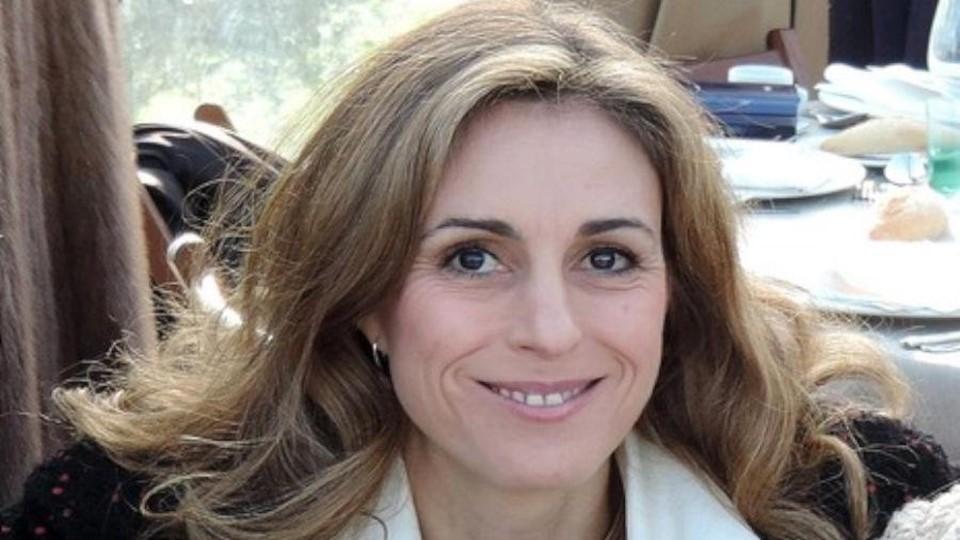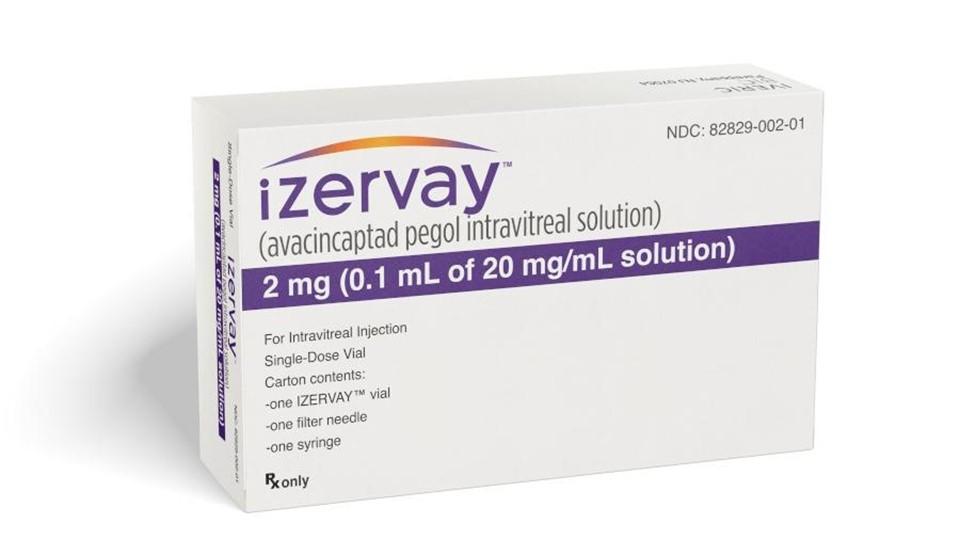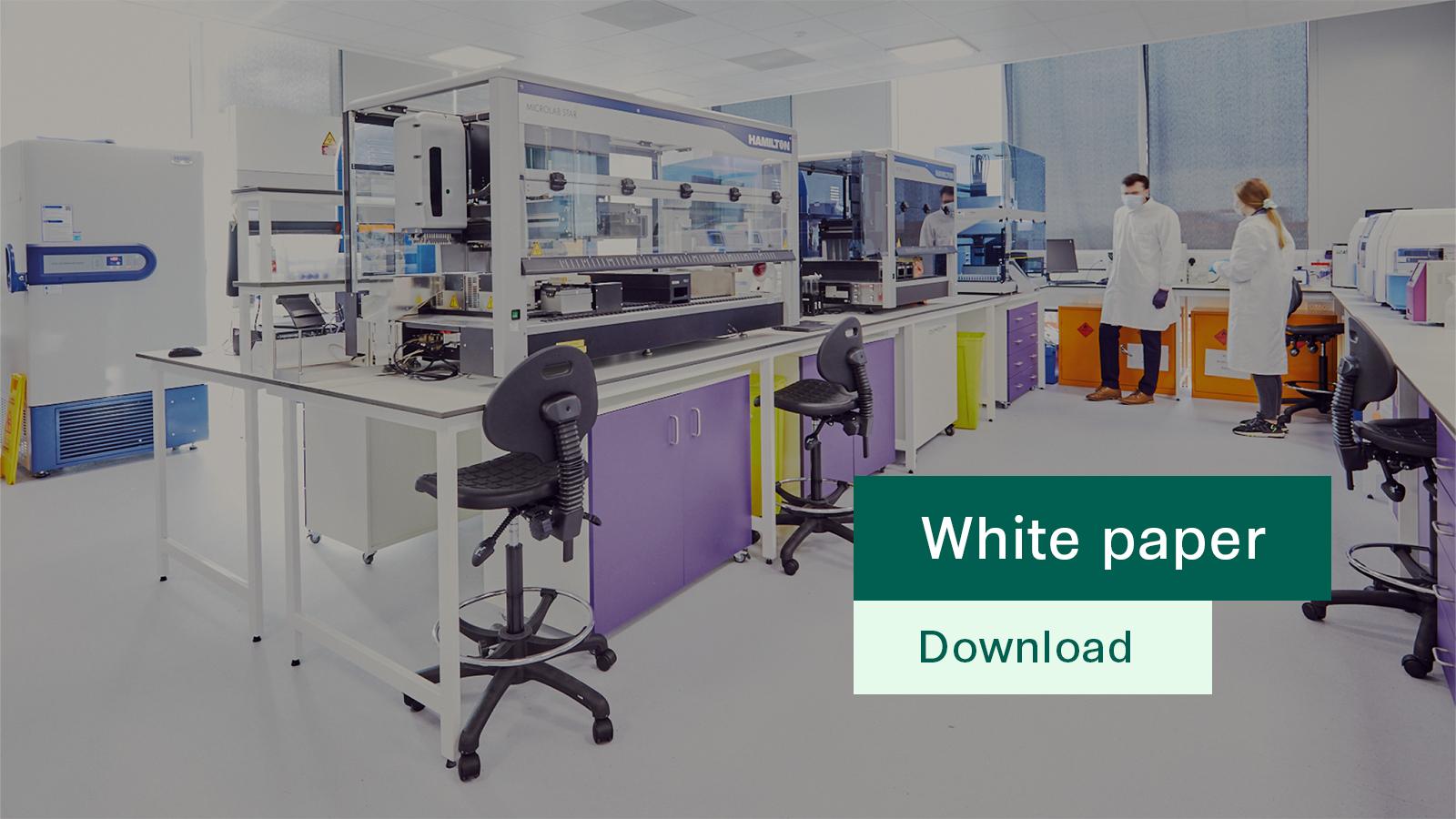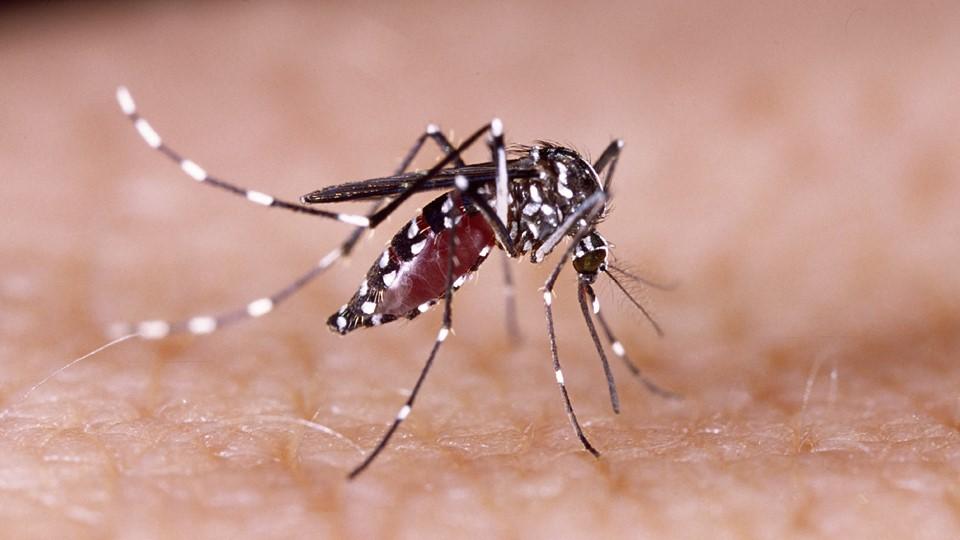UK opens '100-day' rapid-response vaccine unit

The UK government has formally opened a state-of-the-art vaccine research facility based at the UK Health and Security Agency (UKHSA) to improve the country's preparedness for future pandemics.
The new facility at the UKHSA site in Porton Down, near Salisbury in Wiltshire, has more than 200 scientists deployed to prepare for and respond to 'disease X', the yet-to-be-identified new pathogen with pandemic potential.
Dubbed the Vaccine Development and Evaluation Centre (VDEC), the unit will also work on pathogens that do not have an effective vaccine yet or have shots that need to be improved, such as flu, mpox, tuberculosis, Lassa fever, hantavirus, Nipah, and Crimean-Congo haemorrhagic fever.
The overriding goal is to make sure the UK is prepared for the next pandemic and can respond quickly with vaccines that can prevent loss of life and limit the lockdowns that accompanied COVID-19, disrupting people's lives and damaging the economy. The target is to be able to start rolling out a vaccine within 100 days of a new pathogen emerging.
The opening of the unit was welcomed by the Association of the British Pharmaceutical Industry (ABPI), which described the VDEC as an "essential national asset" that will seek new vaccines in partnership with industry.
"The COVID-19 pandemic taught us that through extraordinary interventions and public sacrifice we could slow down the spread of the virus, but not stop infection, and this came with huge economic and personal cost," said Janet Valentine, the ABPI's executive director for Innovation and Research Policy.
"But the most important lesson learnt is that the only way to beat a pandemic is by actively seeking and delivering new vaccines and treatments, the sooner, the better."
The launch of the facility comes after the publication of the UKHSA’s three-year strategy, which set out its approach to preparing for emerging health hazards, responding to them, and building the country's health security capacity. Vaccines are central to that effort, along with other key areas like reducing antimicrobial resistance.
"We know that through scientific advancement, we could detect and control these spreads before they have the impact that COVID-19 had on our lives," said UKHSA's chief scientific officer, Professor Isabel Oliver.
"It’s not easy, but we know that if we strengthen surveillance and if we accelerate the development of diagnostics, vaccines, and therapeutics, we could do so much better."
The VDEC will support the identification of promising vaccine candidates at the earliest stages of discovery and development and carry out preclinical and clinical trial testing of vaccines to support policy and deployment.
The facility has been opened as a new variant of COVID-19, codenamed Eris and an offshoot of the Omicron strain, has started spreading across the UK.
The UKHSA has said that Eris is causing another wave of infections, but there is no sign yet that it is more virulent than Omicron and it has not been classified as a 'variant of concern'.










8c10.jpg)

